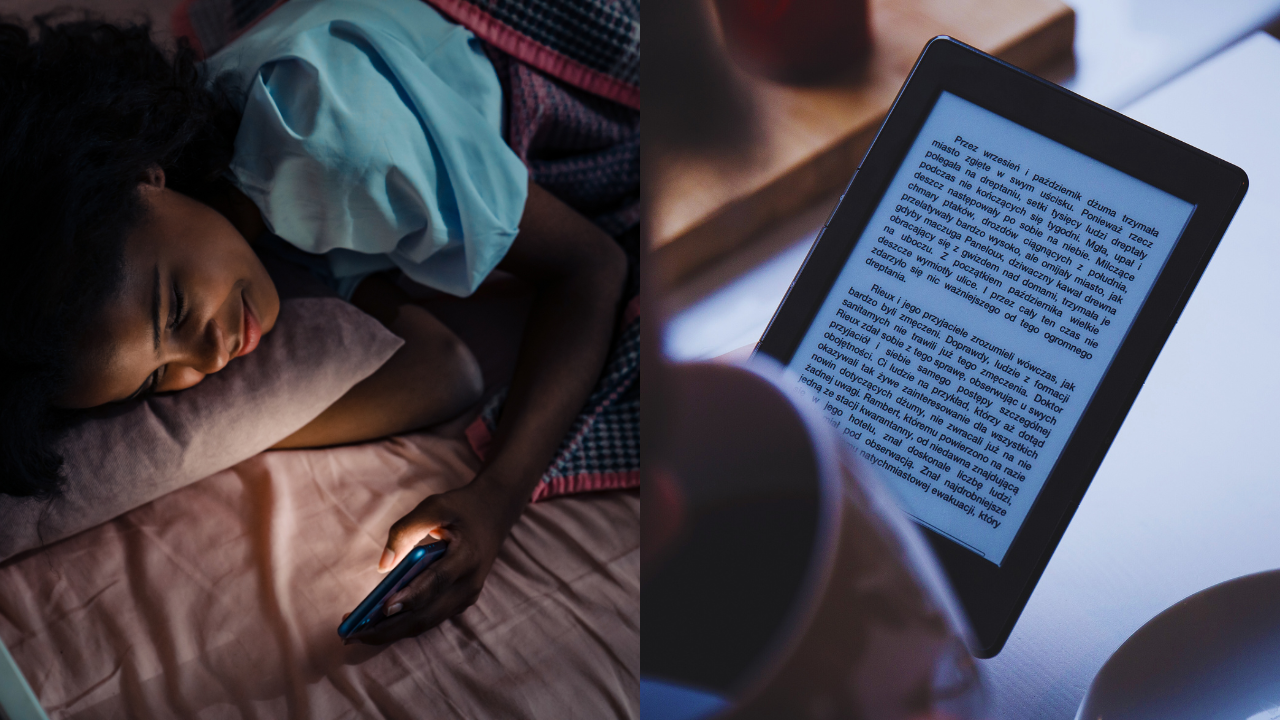If You Read Books Before Bed THIS Way, You Could Be Inviting Early Dementia

Credits: Canva
SummaryReading on tablets before bedtime may feel relaxing, but experts warn the blue light disrupts melatonin, delays sleep, fragments REM cycles, and raises dementia risk. Swapping screens for paper books or audiobooks can safeguard both sleep quality and long-term brain health.
End of Article
